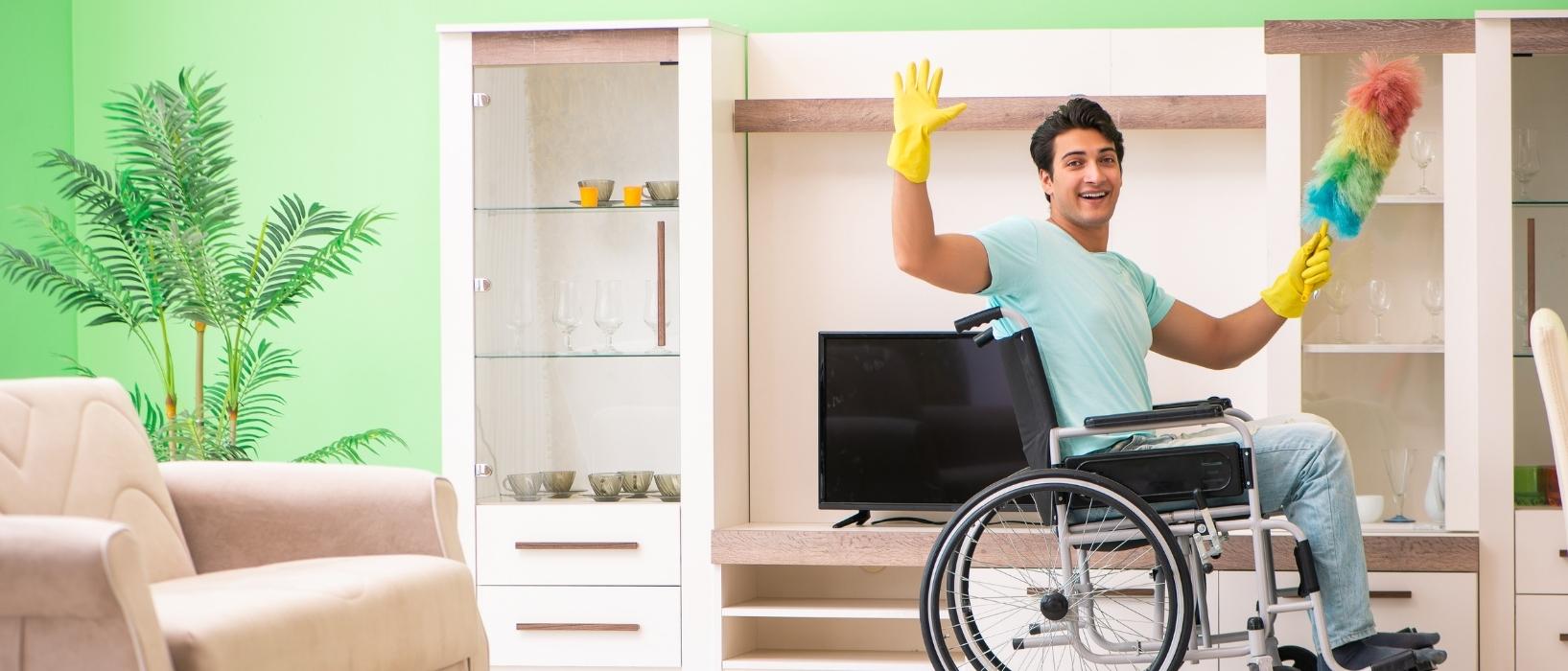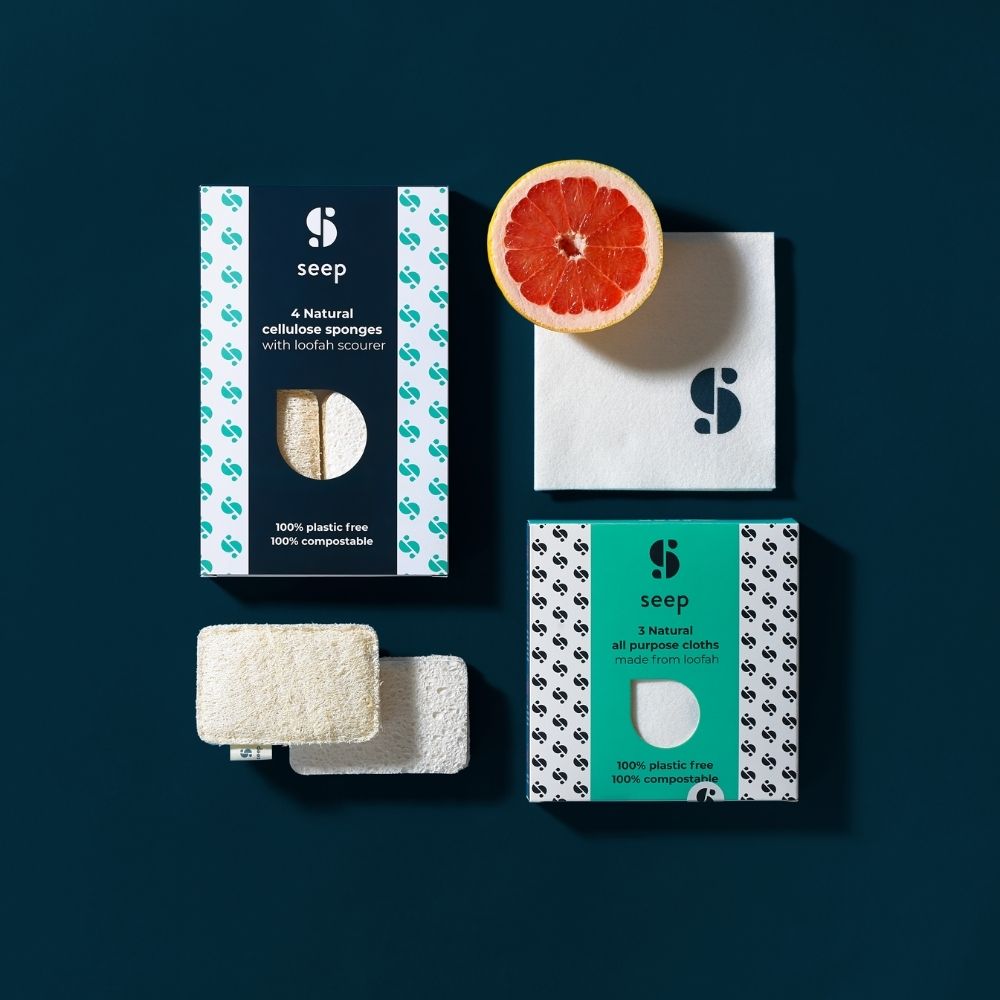
Whether you love it or hate it, cleaning is a part of life we all have to deal with. However, what we use to clean has been changing.
People are more than ever recognising the difference they can make to the planet’s future and choosing what they buy more carefully. That includes their cleaning products.
In fact, market research firm Mintel revealed that eco-friendly cleaning products account for 30% of the household cleaning market. On top of that, a third of people who already buy eco-friendly household products have increased the number of sustainable cleaning products they purchased in the last six months.
Brands have noticed and are trying to make it easier for customers to act on their intent to be greener and cleaner. This means that the two main barriers to people buying sustainable, efficacy and cost, are slowly coming down.
A part of moving towards more environmentally-friendly cleaning solutions is reducing the amount of potentially harmful chemicals inside them.
Called VOCs or ‘Volatile Organic Compounds’, once these chemicals have been used for cleaning, they go down the drain. While waste treatment removes most pollutants, VOCs remain, and end up in oceans, rivers, and lakes.
This can have serious impacts on marine ecosystems and, eventually, us.
However, this isn’t the only environmental impact our cleaning products have. Then, there are the tools we use to clean, which come with a climate cost too.
Home cleaning generates an astounding 29 billion pieces of plastic every single year, which, as you likely know, often ends up in the ocean. It’s predicted that by 2050 there will be more plastic in the sea than fish – a terrifying thought, and how we clean is making it worse.
Take a dish sponge as an example. How frequently do you replace yours, once a week, twice a month? Imagine that happening millions of times every week all over the world. That’s a lot of waste being created.
What’s worse is that the average kitchen sponge is made from mixed plastics such as polyester and polyurethane, which themselves are made from fossil fuels. That means a sponge has an unusually big carbon footprint, even when not counting transportation emissions.
Plus, every time we use one of these sponge scrubbers bits break off, creating microplastics that wash straight down our drains.
This is a major issue that, again, primarily affects our oceans. The microplastics are ingested by marine animals causing cause health issues and, worse, making their way up the food chain. They have even been found in drinking water and our own bodies.
All of that is just the effects dish sponges can have. Now, imagine the impact of all the different cleaning products you have in your home.
It’s not great, but thankfully there are better options out there. One of Play it Green’s favourite environmentally-friendly alternatives is Seep.

Seep has a vision to make green cleaning commonplace for everyone.
They realised that while sustainable cleaning liquids are conveniently available, there wasn’t a way to apply them with non-polluting cleaning tools with the same ease. That’s why they created Seep plastic-free cleaning products.
These are made from sustainable and renewable materials, like loofah, and are endlessly recyclable. Once they outlive their usefulness, their products are compostable or fully biodegradable. That means their materials harmlessly ‘Seep’ back into the earth.
None of the toxins commonly found in plastic-based alternatives are in Seeps products, and, on top of that, they are designed to work well or better than plastic equivalents and be simple to maintain.
Seep’s website even contains tips on how you can best use their products and ensure you’re having a positive environmental impact while cleaning. You can even find out how to grow your own loofah.
You can shop Seep here and use discount code GREEN15 to get 15% off your order.
Find out how Play it Green can help you or your business